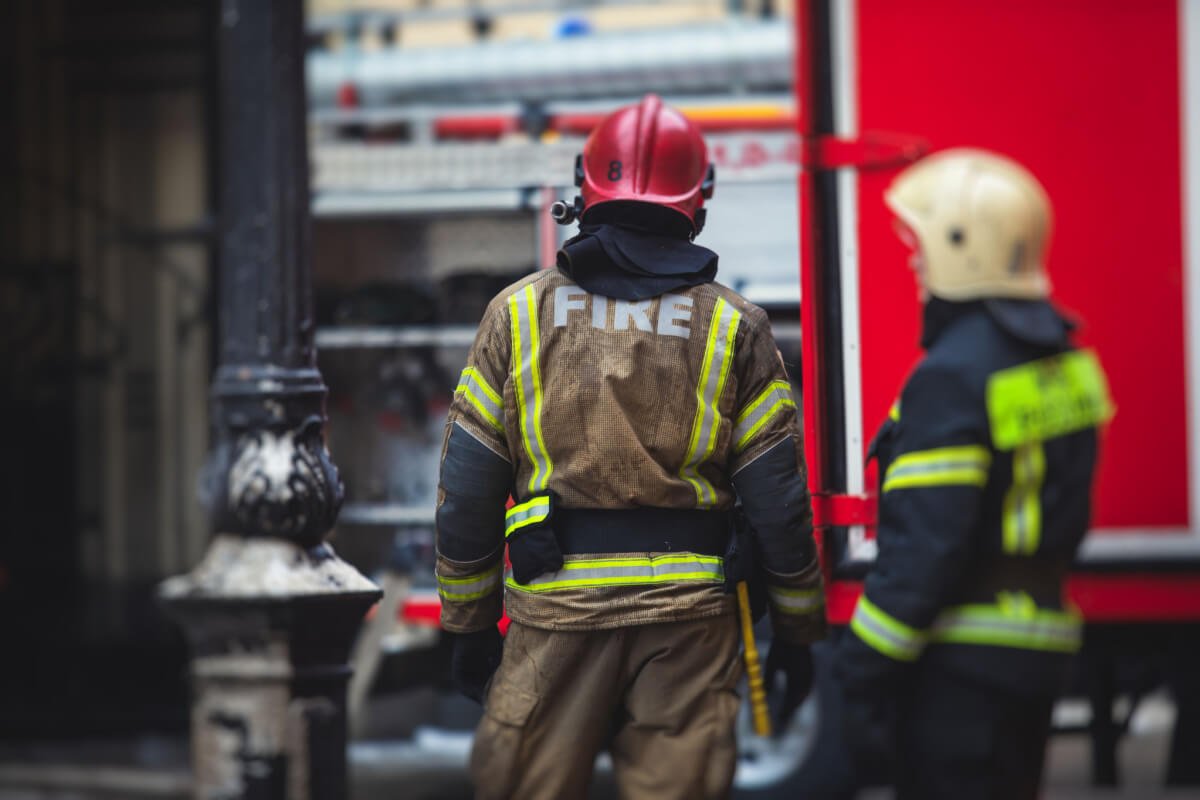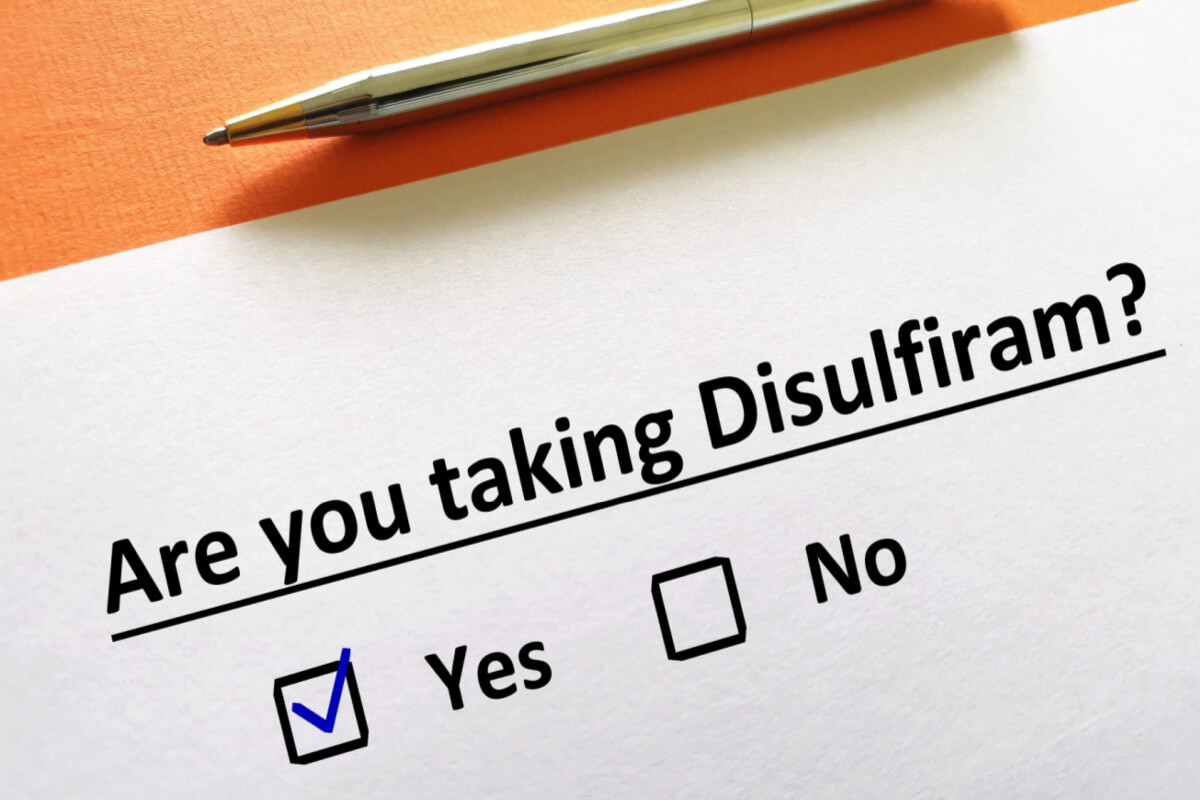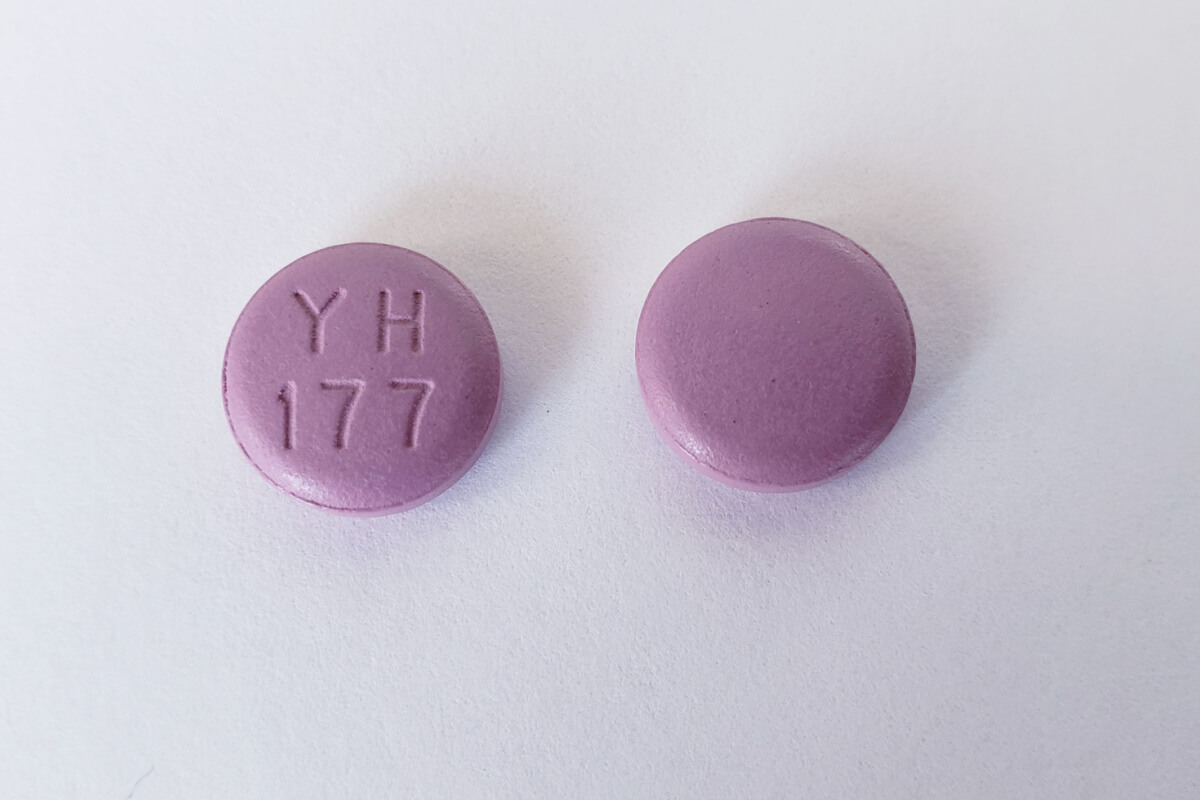
More than 1 million people serve their communities as firefighters.[1] Some work full-time as first responders and ambulance personnel, and others work part-time in a volunteer capacity. All see, hear, and experience things on the job that can be traumatizing and stressful.
For many firefighters, substance misuse becomes a problem. They may use drugs or alcohol to help them forget the day, fall asleep, and/or fit in with their communities. Some firefighters develop addictions, and due to stigma and other barriers, they don’t look for help.
Substance use disorders are treatable, even in people who serve as firefighters. Tapping into resources could help people feel more comfortable asking for the help they deserve.
Firefighters & Substance Misuse
Researchers say about 40% of all first responders, including firefighters, have a substance use disorder (SUD).[2]
Firefighters do stressful work, and they must be alert while on the job. Most stations test their staff regularly to ensure that no team member is intoxicated while at work. Testing likely encourages firefighters to avoid illicit drugs like these:
- Marijuana
- Opioids
- Cocaine
But few tests offer a reliable look at drinking habits, and many firefighters struggle with alcohol. Researchers say about 40% of firefighters binge drink monthly, and of those who drink, close to 17% qualify as having “problematic” drinking habits.[3]
Most studies of firefighters rely on surveys, which means Firefighters may underreport how much they use and how often.
Why Are Firefighters at Risk?
Anyone could develop an SUD. But research suggests that far more firefighters and first responders develop the issue than others. While the reasons behind the higher rates of SUD are not fully understood, some of the possible causes include:
On-the-Job Injuries
Firefighters and other first responders are at risk for physical injury from their work. Researchers say of first responders with SUDs, 40% were injured on the job in the year prior.[3] They may therefore be at higher risk for using alcohol or other addictive medications for pain relief, at least at first. This can then develop into a substance use disorder.
Poor Physical Health
Firefighting is a very physical, laborious job. Firefighters have a higher risk of the following:[4]
- High blood pressure
- Heart disease
- Cancer
A painful, lingering physical ailment could spark higher rates of substance use.
Normalized Behaviors
Firefighters make up a close-knit community. They work together, sometimes sleep in barracks, and eat meals together. If alcohol or substance use is part of the social culture, individuals may be at higher risk.
Firefighters binge drink at double the rate of the general population, but in surveys, firefighters think they don’t drink more than others.[5] To this insular community, excessive alcohol intake seems routine.
Poor Sleep
Firefighters must be ready to spring out of bed and head out when the community needs help. Over time, they can develop unusual sleeping patterns. Parts of their minds are always listening for the bell to ring. Researchers say poor sleep among firefighters may contribute to alcohol misuse.[6]
The Role of Co-Occurring Disorders
While firefighters face occupational hazards that tie them to SUDs, they can also struggle with poor mental health. These co-occurring disorders raise the risk of addiction even more, and they can make treatment challenging.
Post-Traumatic Stress Disorder
Firefighters see people, places, and things at their worst. Many are at risk for developing Post traumatic stress disorder (PTSD). [7] People with PTSD often turn to drugs and alcohol to reduce stress and assist with insomnia. Rates of SUD among individuals with PTSD are known to be much higher than the general population.
Depression/Suicide
Firefighters are also at increased risk of depression and suicide. It’s difficult to know how many firefighters lose their lives to suicide, as reporting is often inaccurate.[8] But people feeling suicidal may turn to drugs to help them alleviate their symptoms.
Barriers to Treatment for Firefighters
SUDs are treatable, but firefighters may resist getting the care and attention they need. Barriers are complex and can vary by geographical and career factors.[9]
No two firefighting communities are exactly the same. But understanding what can keep a firefighter out of care could help family members and friends to connect with someone who needs help. These are a few common barriers:
Stigma
Psychiatric disorders are both common and treatable, including SUD. Yet firefighters cite stigma around these problems as a reason not to get help. [10] According to one study, 77% of firefighters with a mental health concern did get mental health services, but others may not feel comfortable asking for help. [11]
Performance
Firefighters say they are expected to minimize the traumatic nature of their job.[10] Repression of these difficult experiences may lead to anxiety, depression, stress, and other risk factors for substance misuse.
Cost
The cost of mental health services can also be a barrier for many individuals, including first responders like firefighters, from getting mental health and substance use treatment. [12]
Resources for Firefighters
SUDs respond to comprehensive, sensitive treatment programs. These programs maintain a high degree of confidentiality so that firefighters can have their medical and mental health needs addressed hopefully while still continuing to work.
Employee Assistance Programs (EAPs) are often the front-line solution for firefighters. After 9/11, many first responders turned to their EAPs to help them cope with the loss of their teammates.[13] Since EAP care is designed for firefighters, and it’s often free, it’s a good place to start.
These are other options:
- Firefighter Behavioral Health Alliance: Find a list of mental health professionals with advanced training in helping firefighters. And connect with the group to schedule workshops at your station. Find out more.
- All-Clear Foundation: This nonprofit agency offers resources and training to keep people safe during their service. Research mental health topics or connect with a crisis line. Find out more.
- Share the Load: The National Volunteer Fire Council offers videos, newsletters, and trainings to help you spot the signs of burnout and poor mental health. Tap into a directory of professionals, or use a crisis line to call and chat with someone who can help. Find out more.
- Crew Care: This agency focuses specifically on lowering suicide rates among first responders. Tap into a helpline to learn how else they can help. Find out more.
Firefighters can also always speak to their doctors about substance use concerns. Information you tell your doctor is confidential, and your doctor can help you navigate your local health system and insurance coverage to get the assistance you need. Don’t be afraid to tell your doctor how you’re feeling and ask for help.

Medically Reviewed By Elena Hill, MD, MPH
Elena Hill, MD; MPH received her MD and Masters of Public Health degrees at Tufts Medical School and completed her family medicine residency at Boston Medical Center. She is currently an attending physician at Bronxcare Health Systems in the Bronx, NY where ... Read More
- National Fire Department Registry Quick Facts. U.S. Fire Administration. https://apps.usfa.fema.gov/registry/summary. September 2022. Accessed September 2022.
- Possible Substance Use Disorders Among First Responders During the COVID-19 Era: A Quasi-Experimental Study of Personal and Residential Vulnerability. The American Journal of Drug and Alcohol Abuse. https://www.tandfonline.com/doi/abs/10.1080/00952990.2022.2088376. July 2022. Accessed September 2022.
- Alcohol Use and Problem Drinking Among Women Firefighters. Women's Health Issues. https://www.ncbi.nlm.nih.gov/pmc/articles/PMC5694370/. November 2018. Accessed September 2022.
- Firefighter Stress and Mental Health: Introduction to the Special Issue. Behavior Modification. https://journals.sagepub.com/doi/abs/10.1177/01454455211064955. December 2021. Accessed September 2022.
- Firefighters and Alcohol: What the Data Says. FireRescue1. https://www.firerescue1.com/fire-chief/articles/firefighters-and-alcohol-what-the-data-says-EEmQCV9ztxdv60BH/. April 2015. Accessed September 2022.
- Posttraumatic Stress, Alcohol Use, and Alcohol Use Reasons in Firefighters: The Role of Sleep Disturbance. Comprehensive Psychiatry. https://pubmed.ncbi.nlm.nih.gov/30219373/. November 2018. Accessed September 2022.
- Posttraumatic Stress Disorder Symptom Clusters, Depression, Alcohol Abuse, and General Stress in Hispanic Male Firefighters. Hispanic Journal of Behavioral Sciences. https://journals.sagepub.com/doi/abs/10.1177/0739986316661328. July 2016. Accessed September 2022.
- Firefighter Suicide: Understanding Cultural Challenges for Mental Health Professionals. American Psychological Association. https://psycnet.apa.org/buy/2016-22448-001. June 2016. Accessed September 2022.
- Enhancing Mental Health Treatment for the Firefighter Population: Understanding Culture, Treatment Barriers, Practice Implications, and Research Directions. American Psychological Association. https://psycnet.apa.org/record/2019-58638-001. 2020. Accessed September 2022.
- Conceptualization, Assessment, and Treatment of Traumatic Stress in First Responders: A Review of Critical Issues. Harvard Review of Psychiatry. https://www.ncbi.nlm.nih.gov/pmc/articles/PMC6624844/. July 2019. Accessed September 2022.
- Mental Health Service Use Among Firefighters With Suicidal Thoughts and Behaviors. Psychiatric Services. https://ps.psychiatryonline.org/doi/full/10.1176/appi.ps.201500177. February 2016. Accessed September 2022.
- Career versus Volunteer Firefighters: Differences in Perceived Availability and Barriers to Behavioral Health Care. American Psychological Association. https://psycnet.apa.org/record/2021-54161-001. 2022. Accessed September 2022.
- FDNY Was Faced with Alcohol, Drug Abuse Problems Following 9/11. Firehouse. https://www.firehouse.com/home/article/10466012/fdny-was-faced-with-alcohol-drug-abuse-problems-following-911. June 2010. Accessed September 2022.
Download Our Free Program Guide
Learn about our program, its effectiveness and what to expect
Related articles
Imagine what’s possible on the other side of opioid use disorder.
Our science-backed approach boasts 95% of patients reporting no withdrawal symptoms at 7 days. We can help you achieve easier days and a happier future.








